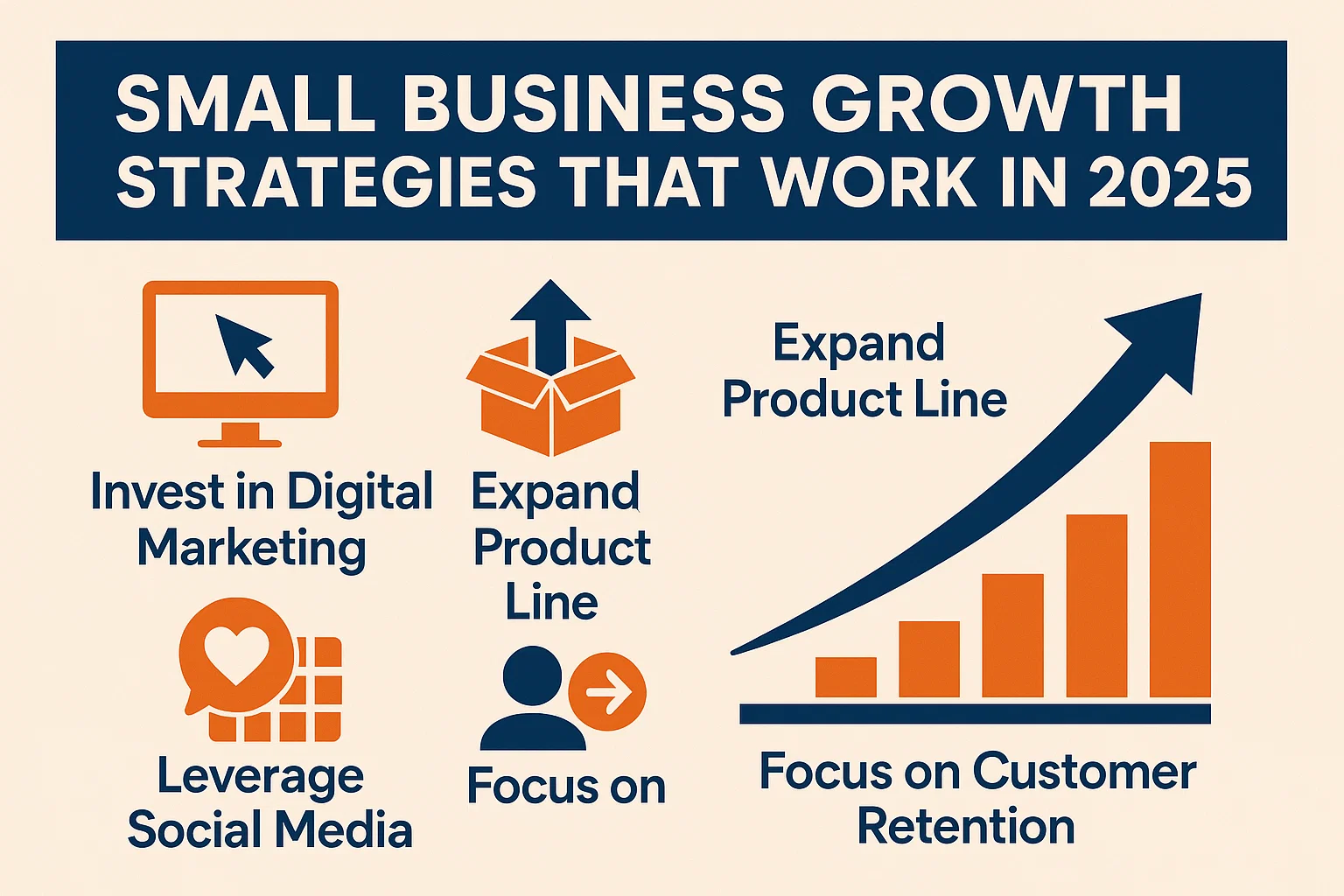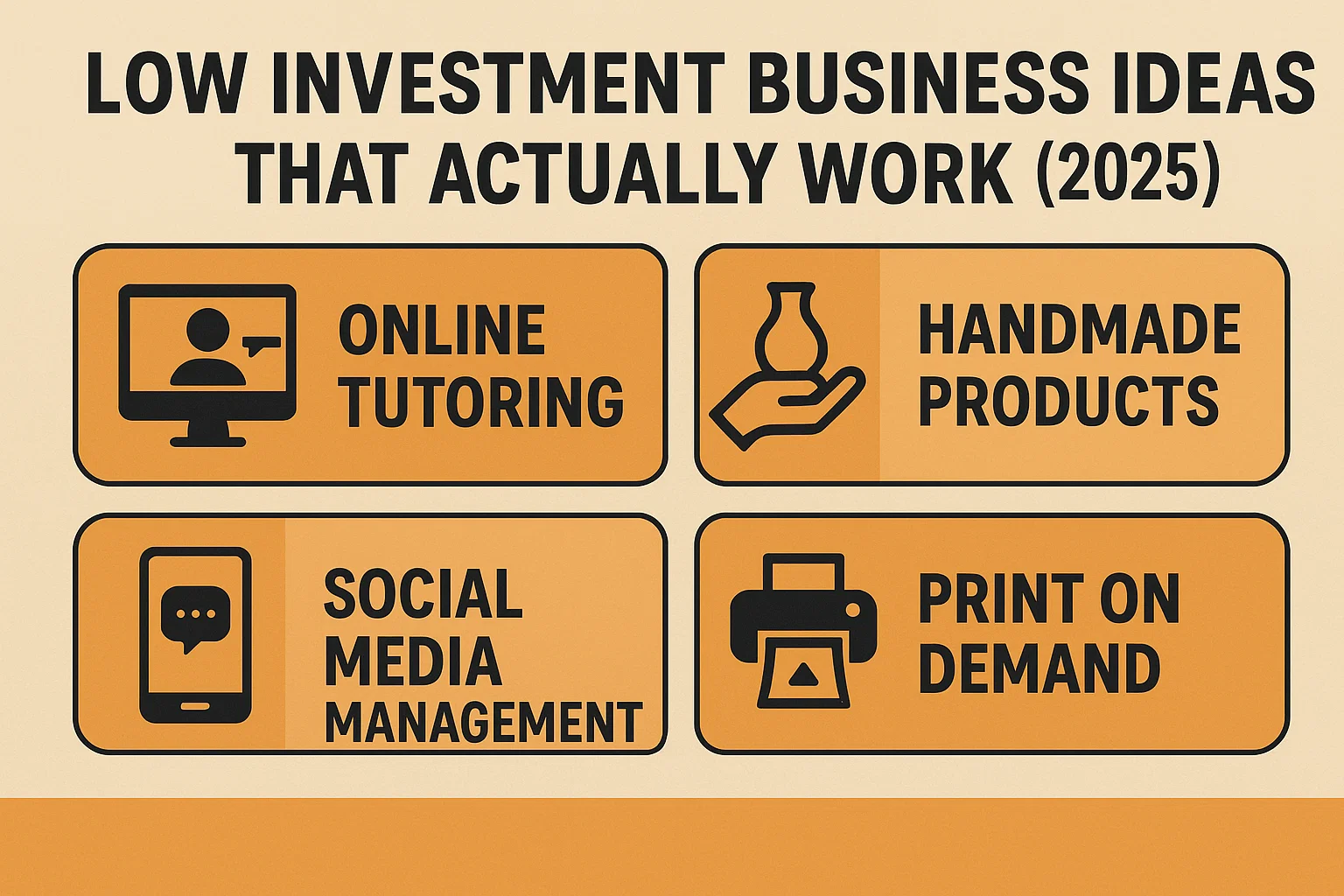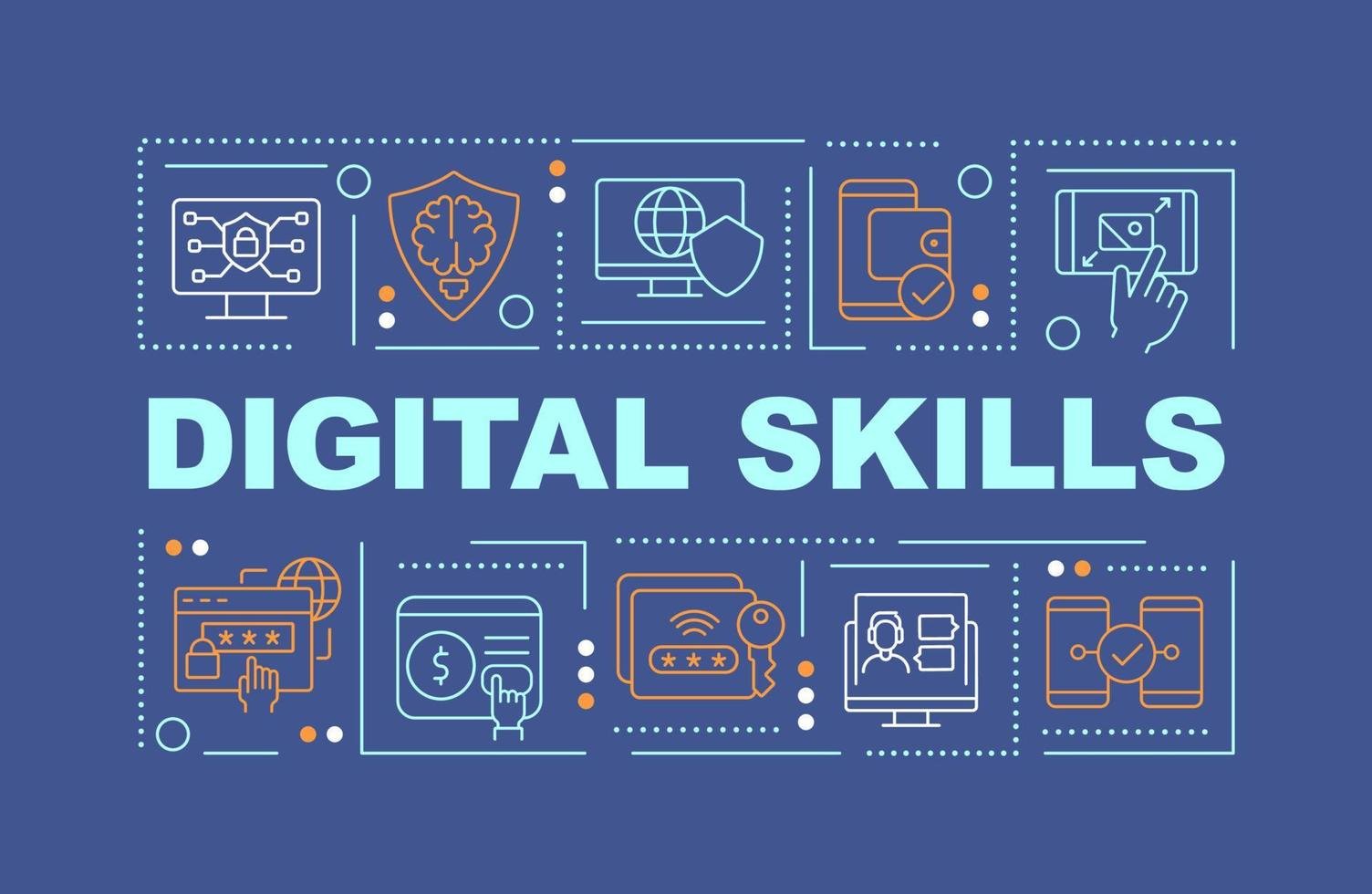
Are you ready to transform your career from the comfort of your home? In 2025, the digital landscape is evolving faster than ever, and the right skills can open doors to incredible opportunities. Whether you’re a complete beginner or looking to upskill, learning 10 Digital Skills Learn at Home has never been more accessible or rewarding.
I’ve spent years helping people navigate the digital world, and I can tell you this: the skills you learn today will determine your success tomorrow. Let’s dive into the 10 most valuable digital skills you can master from your living room.
Why Learning Digital Skills at Home Makes Perfect Sense in 2025
Before we jump into our list, let me share something personal. Two years ago, my neighbour Sarah was stuck in a dead-end retail job. She dedicated just 2 hours daily to learning digital marketing from home. Today? She’s running her own $50K+ agency. That’s the power of digital skills.
Key Benefits of Home Learning:
- Flexible scheduling around your current commitments
- Cost-effective compared to traditional education
- Immediate application of skills in real projects
- Global opportunities without geographical limitations
Top 10 Digital Skills Learn at Home Master in 2025
1. Artificial Intelligence and Machine Learning
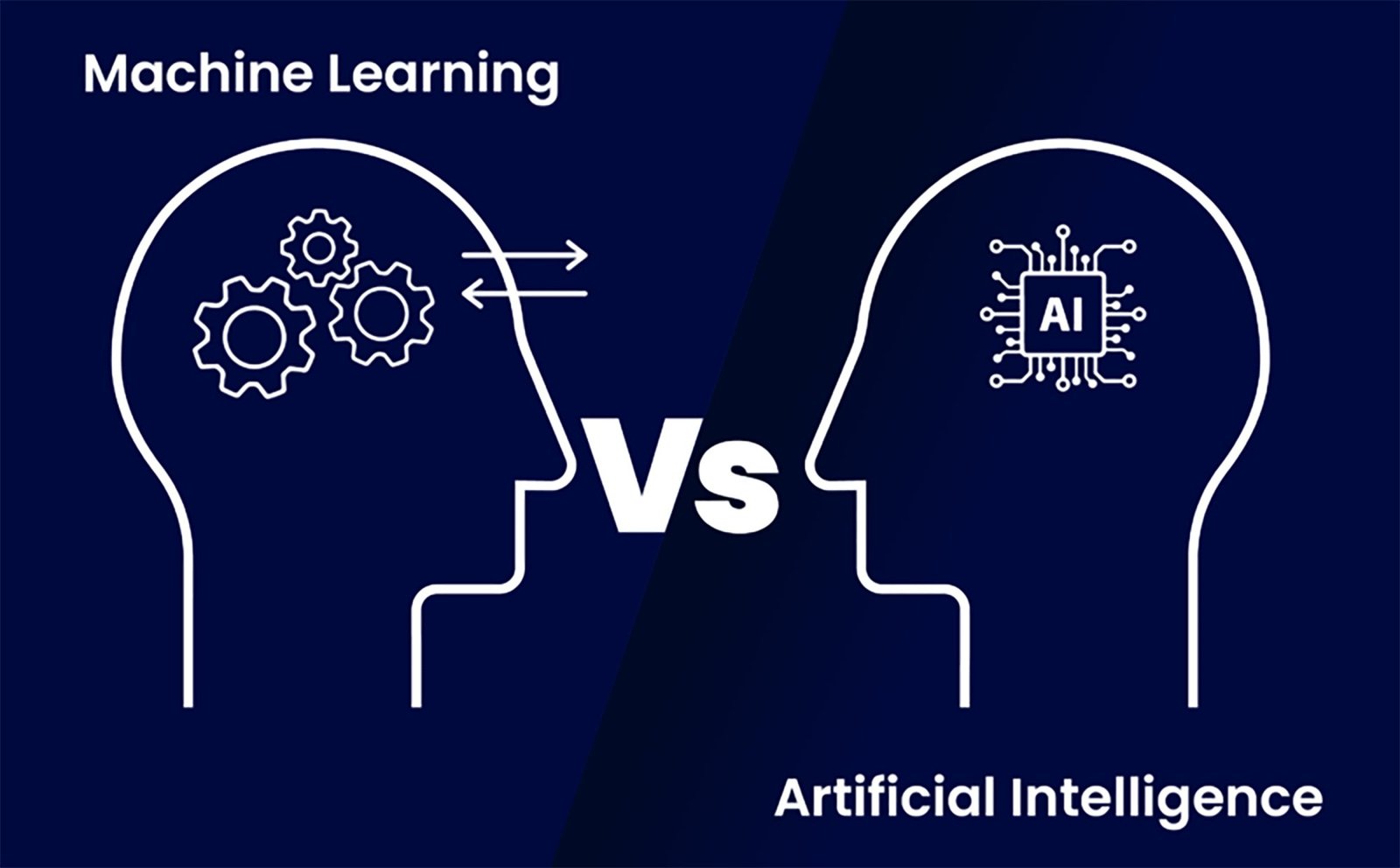
Market Value: $150,000+ average salary for AI specialists
AI is no longer a distant future—it’s transforming the world right now. Businesses across every industry are rushing to adopt AI, driving a surge in demand for skilled talent. From automation to smarter decision-making, AI is reshaping operations. This rapid integration means professionals with AI expertise are more valuable than ever, opening doors to high-impact careers.
What You’ll Learn:
- Python programming for AI applications
- Machine learning algorithms and neural networks
- Data preprocessing and model training
- AI ethics and responsible implementation
Real-World Applications:
- Chatbot development for businesses
- Predictive analytics for e-commerce
- Automated content creation tools
- Personalised recommendation systems
Learning Path: Start with Coursera’s Machine Learning Course by Andrew Ng, then move to TensorFlow tutorials. Expect 6-12 months for proficiency.
Pro Tip: Focus on solving real problems—build a simple recommendation system for your favourite hobby. This practical approach beats theoretical learning every time.
2. Data Science and Analytics
Market Value: $120,000+ median salary globally
Core Components:
- Statistical analysis and data interpretation
- SQL database management and querying
- Python/R programming for data manipulation
- Data visualisation with tools like Tableau or Power BI
Industry Applications:
- Business intelligence reporting
- Customer behaviour analysis
- Market research and trend forecasting
- Performance optimisation strategies
Success Story: My friend Mike learned data science during the pandemic and now works remotely for a Fortune 500 company, analysing customer data that drives million-dollar decisions.
3. Digital Marketing and SEO
Market Value: $65,000-$100,000 for experienced digital marketers
Essential Skills Include:
- Search Engine Optimisation (SEO) for organic traffic
- Pay-per-click (PPC) advertising management
- Social media marketing across platforms
- Email marketing automation and segmentation
- Content marketing strategy and execution
Tools to Master:
- Google Analytics and Search Console
- Facebook Ads Manager and Google Ads
- Mailchimp or ConvertKit for email campaigns
- SEMrush or Ahrefs for SEO analysis
Quick Win Tip: Start by optimising a personal blog or helping a local business improve their Google ranking. Real results build both skills and portfolio.
4. Web Development (Frontend & Backend)
Market Value: $80,000-$150,000 depending on specialisation
Frontend Development:
- HTML5, CSS3, and JavaScript fundamentals
- React.js or Vue.js for dynamic interfaces
- Responsive design for mobile optimisation
- User experience (UX) principles
Backend Development:
- Node.js, Python Django, or PHP server-side programming
- Database management (MySQL, MongoDB)
- API development and integration
- Cloud deployment on AWS or Google Cloud
Learning Timeline: 3-6 months for basic proficiency, 12-18 months for professional level.
5. Cloud Computing and DevOps
Market Value: $110,000+ for cloud architects
Key Areas:
- Amazon Web Services (AWS) or Microsoft Azure certification
- Docker containerization and Kubernetes orchestration
- CI/CD pipeline development
- Infrastructure as Code with tools like Terraform
Certification Path:
- Start with AWS Cloud Practitioner certification
- Progress to Solutions Architect Associate
- Specialise in specific services based on career goals
Real Benefit: Cloud skills offer excellent remote work opportunities and are recession-proof as companies continue digital transformation.
6. Cybersecurity
Market Value: $95,000-$140,000 for security specialists
Core Competencies:
- Network security fundamentals and protocols
- Ethical hacking and penetration testing
- Risk assessment and vulnerability management
- Compliance frameworks (ISO 27001, GDPR)
Popular Certifications:
- CompTIA Security+ for beginners
- Certified Ethical Hacker (CEH) for hands-on skills
- CISSP for advanced professionals
Home Learning Tip: Set up a virtual lab using VirtualBox and practice on platforms like TryHackMe or HackTheBox.
7. Mobile App Development
Market Value: $85,000-$120,000 for experienced developers
With 6.8 billion smartphone users globally, the demand for mobile apps is booming. Mobile app development offers strong career opportunities, blending creativity and tech skills to build tools people use daily.
Development Paths:
- Native Development: Swift for iOS, Kotlin for Android
- Cross-Platform: React Native or Flutter
- No-Code Solutions: Bubble.io or Glide for rapid prototyping
Project Ideas for Portfolio:
- Personal finance tracker
- Local business directory
- Fitness or habit tracking app
- Social networking app for specific niches
Success Timeline: 4-8 months to build your first commercial-quality app.
8. UI/UX Design
Market Value: $70,000-$110,000 for senior designers.
Great design goes beyond aesthetics; it’s about crafting seamless, engaging experiences that guide users and drive action. In today’s digital world, smart design turns casual visitors into loyal customers.
Essential Skills:
- User research and persona development
- Wireframing and prototyping with Figma or Sketch
- Design systems and consistency principles
- Usability testing and iteration based on feedback
Tool Mastery:
- Figma for collaborative design
- Adobe Creative Suite for advanced graphics
- InVision for interactive prototypes
- Miro for user journey mapping
Portfolio Building: Design mockups for existing websites and apps, focusing on improving user experience and conversion rates.
9. Content Creation and Video Editing
Market Value: $45,000-$85,000 plus unlimited freelance potential
The creator economy is thriving in 2025, with brands investing $16 billion in influencer marketing. Content creators now play a key role in shaping trends, building trust, and driving sales.
Key Skills:
- Video editing with Adobe Premiere Pro or DaVinci Resolve
- Motion graphics using After Effects
- Podcast production and audio editing
- Social media content optimisation for different platforms
Monetisation Opportunities:
- YouTube channel monetisation
- Sponsored content creation
- Online course development
- Brand partnership collaborations
Getting Started: Choose one platform, create consistent content for 90 days, and focus on providing genuine value to your audience.
10. E-commerce and Dropshipping
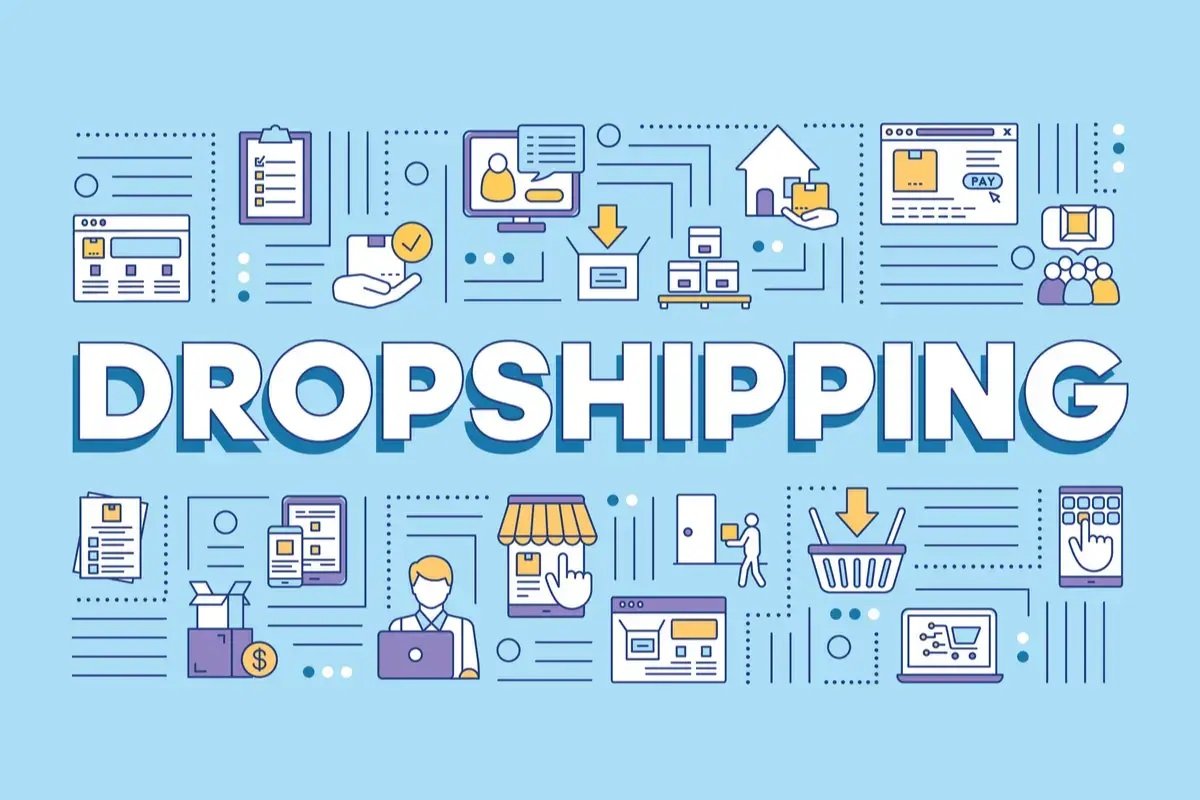
Market Value: Unlimited earning potential (many earn $100K+ annually)
Core Components:
- Shopify or WooCommerce store setup and optimisation
- Product research and market validation
- Supply chain management and vendor relationships
- Conversion rate optimisation and customer retention strategies
Platform Mastery:
- Amazon FBA for hands-off selling
- Etsy for handmade and unique products
- Facebook Marketplace for local sales
- Your website for maximum control and profits
Digital Skills Learning Roadmap 2025
| Skill Level | Timeframe | Focus Areas | Expected Outcome |
|---|---|---|---|
| Beginner (0-3 months) | Part-time learning | Choose 1-2 skills, build fundamentals | Basic competency, first projects |
| Intermediate (3-9 months) | Consistent practice | Real projects, portfolio building | Freelance opportunities, job applications |
| Advanced (9-18 months) | Specialization | Niche expertise, advanced certifications | Full-time opportunities, higher rates |
| Expert (18+ months) | Continuous learning | Teaching others, staying current | Leadership roles, consulting, entrepreneurship |
Essential Tools and Resources for Home Learning
Free Learning Platforms:
- Coursera and edX for university-level courses
- freeCodeCamp for programming skills
- Khan Academy for foundational knowledge
- YouTube for visual learners and tutorials
Paid Premium Resources:
- Udemy for practical, project-based learning
- Pluralsight for technology skills
- MasterClass for creative skills
- LinkedIn Learning for professional development
Practice Platforms:
- GitHub for coding projects and collaboration
- Behance for design portfolio showcase
- Kaggle for data science competitions
- HackerRank for coding challenges
Overcoming Common Learning Challenges at Home
Challenge 1: Staying Motivated Solution: Set small, achievable daily goals. I recommend the “1% better every day” approach—just 20-30 minutes of focused learning daily compounds into remarkable progress.
Challenge 2: Information Overload Solution: Follow the “One Skill, One Source” rule. Pick one primary course or resource and complete it before moving to supplementary materials.
Challenge 3: Lack of Practical Experience Solution: Create real projects from day one. Build a personal website, help a local business, or contribute to open-source projects.
Challenge 4: Imposter Syndrome Solution: Remember that everyone starts somewhere. Document your learning journey and celebrate small wins—they add up to significant achievements.
Industry Trends Shaping Digital Skills in 2025
Artificial Intelligence Integration: Every digital skill now includes AI components. Web developers use AI code assistants, marketers leverage AI for content creation, and designers use AI for rapid prototyping.
Remote-First Economy: Companies are hiring globally, making digital skills your passport to worldwide opportunities without relocating.
Sustainability Focus: Green technology and sustainable digital practices are creating new career paths in every field.
Privacy and Ethics: With increasing data regulations, understanding privacy and ethical considerations is becoming mandatory across all digital roles.
Your Next Steps: From Learning to Earning
Learning digital skills is just the beginning. Here’s your action plan:
Week 1-2: Choose 1-2 skills that align with your interests and career goals. Research learning resources and create a study schedule.
Month 1-3: Focus intensively on fundamentals. Build small projects and start documenting your progress on social media or a personal blog.
Month 3-6: Create portfolio pieces and start networking in relevant online communities. Consider taking on small freelance projects or volunteering your skills.
Month 6-12: Apply for positions, increase freelance rates, and consider specialising in a particular niche within your chosen skill area.
Read More: Leveraging IT Services for Business Growth in 2025
Conclusion
The digital revolution isn’t coming—it’s here, and it’s creating opportunities faster than ever before. These 10 digital skills represent your gateway to financial freedom, career flexibility, and personal fulfilment. Remember, every expert was once a beginner. The only difference between dreaming about a better future and achieving it is taking that first step. Choose one skill that excites you, dedicate just 30 minutes daily to learning it, and watch how your life transforms over the next year.
FAQs
Q: How long does it take to become proficient in a digital skill?
A: Most digital skills require 3-6 months for basic proficiency and 12-18 months for professional competency. However, you can start freelancing or finding entry-level positions much sooner—often within 2-4 months of dedicated learning.
Q: Can I learn these skills effectively from home?
A: Absolutely! Some of the most successful professionals I know are self-taught. The key is consistency, practical application, and connecting with online communities for support and networking.
Q: Which skill should I start with if I’m a complete beginner?
A: I recommend starting with digital marketing or web development. Both have relatively gentle learning curves, immediate practical applications, and clear career progression paths.
Q: Do I need expensive equipment to learn digital skills at home?
A: Not at all. A basic computer with internet connection is sufficient for most skills. As you progress and start earning, you can invest in better equipment. Many successful professionals started with just a laptop and determination.
Q: How do I build a portfolio without professional experience?
A: Create projects for imaginary clients, volunteer for nonprofits, help local businesses, or redesign existing websites/apps as case studies. The key is demonstrating your skills through real work, even if it’s self-initiated.

